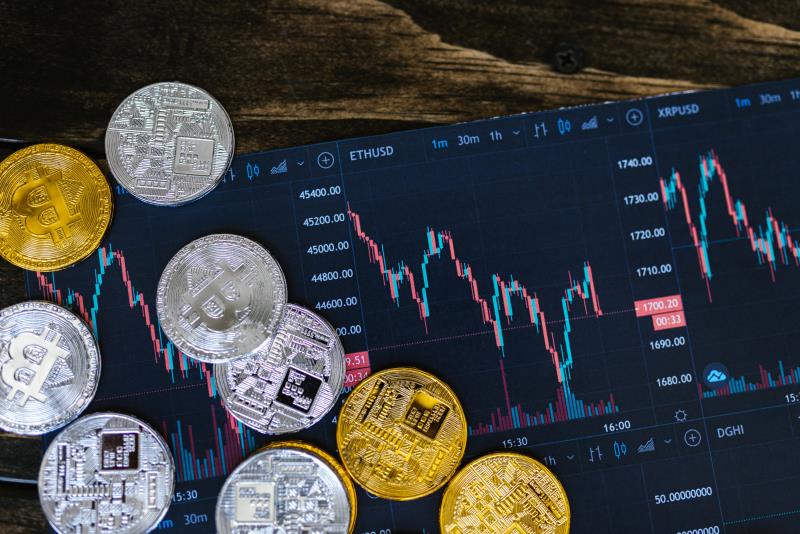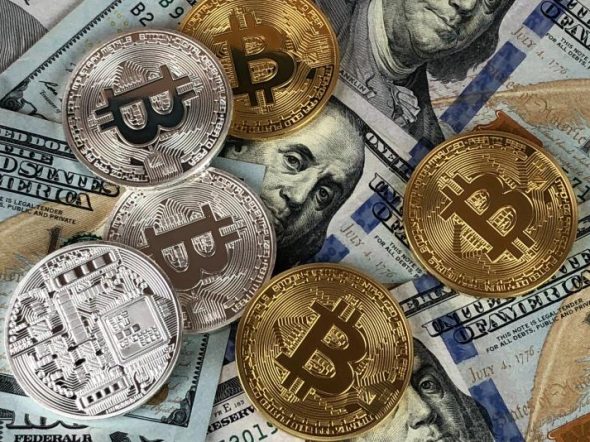The first-ever crypto asset, Bitcoin, was mined on January 3, 2009, by the anonymous "Satoshi Nakamoto". Since then, the value of a single bitcoin has grown exponentially in the years since, from basically zero to an all-time high to almost $69,000 in October 2021, highlighting its legacy as one of the biggest and best investment options in history. The rise of bitcoin has resulted in explosive growth in the growing cryptocurrency and digital asset industry, which is largely unregulated both in the United States and globally.
As virtual currency usage grows, so do the technology's regulations put in place around the world to govern it. The crypto landscape is constantly changing, and keeping up with the rules in various global territories is difficult. As for the new law regulations for Bitcoin, Ethereum, and other crypto assets, you'll have to keep reading to learn more.
The New Regulations For Cryptocurrency Assets
As per a joint press statement, the Responsible Financial Innovation Act, introduced on Tuesday by Sens. Cynthia Lummis and Kirsten Gillibrand, would "create a complete regulatory framework for digital assets that encourages responsible financial innovation, flexibility, transparency, and robust consumer protections while integrating digital assets into existing law."
The bill's regulations, which the two senators have already dubbed "Lummis-Gillibrand," would classify cryptos like Bitcoin and Ether as commodities and subject them to regulation by the CFTC or Commodity Futures Trading Commission. According to the senators, such asset classes account for roughly half of the estimated $2 trillion market cap for digital assets.
CFTC To Replace SEC For Digital Assets
The proposal to end the SEC's legal authority over most of the cryptocurrency industry is among the most noticeable and efficient provisions in the bill. It arises after years of incidents, reports, and complaints about a lack of transparency over whether a crypto asset like Ethereum is a security. This distinction would necessitate the token to be registered with the SEC.
Instead of the SEC, the bill proposes granting jurisdiction over many tokens to another organisation, the Commodity Futures Trading Commission, which regulates the trading of commodities. According to an overview of the bill distributed by Senators Lummis and Gillibrand, it "grants the CFTC exclusive spot market jurisdiction over all fungible digital assets that are not securities, including ancillary assets."
Furthermore, the addition of the term "ancillary assets" to the Securities Exchange Act of 1934 is critical. The bill summary defines ancillary assets as those that are not completely decentralised, like Bitcoin but do not establish rights to earnings or other financial benefits and interests in a business entity.
To Determine Crypto Assets As Commodities And Securities
The bill establishes a clear basis for deciding which cryptocurrency assets are commodities and which are securities, providing businesses and regulatory agencies with clarity and layout. Furthermore, the bill distinguishes between digital assets that are securities and commodities by examining the asset's function and the privileges or capabilities it grants the consumer, allowing digital asset companies to determine their regulatory obligations and regulatory authorities to impose existing securities and commodities trading laws. As this site observed, “the market is getting more and more regulated, and the days when Bitcoin whales controlled everything seem to be over.” so the introduction of more laws to regulate the sector makes sense in the context of its expansion.
.

Its Effect On Stablecoins
Stablecoins, which are virtual currency assets whose values are bound to a fiat currency such as the dollar, euro, or another tangible asset, would be subject to strict rules governing how those resources are held and how stablecoin owners could redeem the coins for their equivalent value.
The legislation would also establish a framework for banks and other financial institutions to handle stablecoins, but it would not involve all stablecoin issuers being governed in the same way that banks are. For example, the CFTC has already taken action in the stablecoin landscape, such as the $41 million fine it imposed on Tether in October 2021.
Creating A Workable Structure For The Taxation Of Crypto Assets
As digital assets gain popularity and authenticity, it is critical to make it possible for customers to use them in their daily lives. The bill creates a less significant exemption so that users can buy crypto assets without accounting for and reporting their earnings.
The bill also clearly states the tax treatment of various players and activities in the digital asset industry, such as the fact that crypto miners and other validators are not "brokers" for income tax purposes and that their reward systems are not income until they are redeemed for cash.

The Need For Extensive Research In Crypto's Energy Consumption
The bill mandates the Federal Energy Regulatory Commission to research and analyse power consumption in the digital asset industry. Mining for virtual currencies, like other forms of mining, can be energy-intensive. That's why the bill indicates that it is critical to investigate this issue in order to determine the best approaches to use this technology to help us progress to our common climate goals by utilising more clean and renewable energy while reducing energy waste.
A Message For The Activists
It's cool to write letters again, and a week after the public letter by tech scientists opposing the industry's media campaign comes a new one, this time from the activists for human rights. Activist groups from 20 countries have sent an open letter to the United States, and the congress has endorsed a "responsible crypto policy," commending Bitcoin and stablecoins as critical tools for democratic values and freedom for millions of people.
The human rights campaign slammed the publishers of last week's anti-crypto letter, claiming that they come from places with "stable currencies, freedom of speech, and strong land rights," and that they are unlikely to have encountered inflationary pressures or the "cold grip of dictatorship."
Closing Remarks
The differences between the Lummis-Gillibrand bill, the SEC, and any comparable effort that emerges from the House suggest that it's highly probable that it's just the beginning of what's to come. "Some hot digital asset policy issues are addressed in the recent legislative release by Senators Lummis and Gillibrand," Tuths wrote to Fortune. But looking at the big picture, this is a spectacular view into what a few individuals think the rules for virtual currencies should be. Still, this regulation is less likely to move forward in the foreseeable future.
